Focus on Singapore cabinet reveal sidetracked by ministers’ photos with Fujian gang member
The city state awaits Prime Minister Wong’s government line-up amid controversy over images of Ong and Chee with a convicted money-launderer
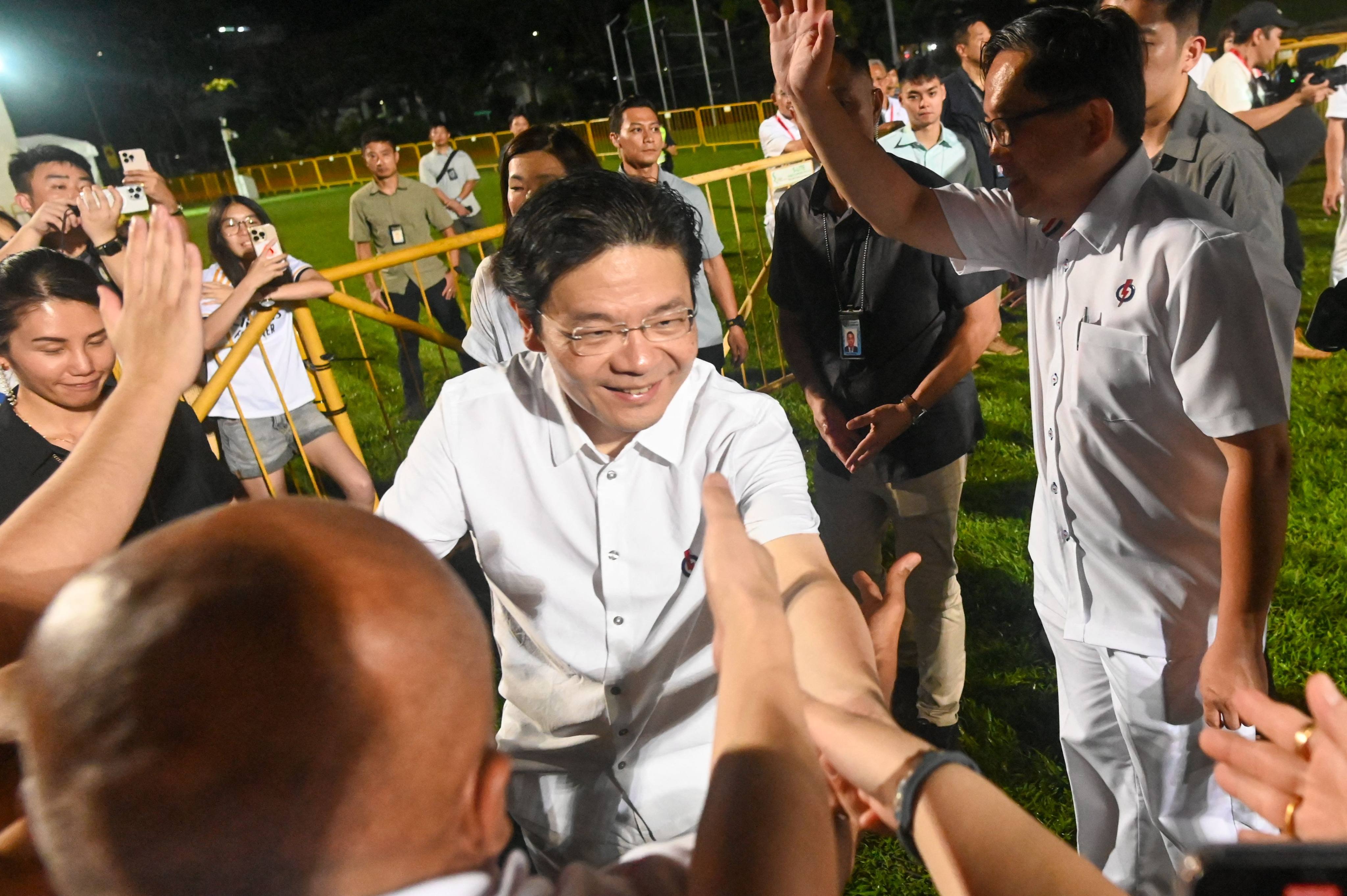
As the dust of Singapore’s 14th general election settles, attention has shifted to the next big reveal: Prime Minister Lawrence Wong’s first cabinet, which could be in the coming week if previous timelines are any indication.
But over the past week, any post-election talk or discussion on what the cabinet could look like has been overshadowed by the publication of two viral photos of a convicted so-called Fujian gang leader with potential ministers. The denials by the ministers of any association with the money-launderer have been swift and firm.
Before the distraction came to the forefront, Wong had spent much of his campaign last week urging Singaporeans to give him the strongest team to tackle the global uncertainties ahead.
Voters had responded positively, voting in all members of the previous cabinet, including an ousted minister who lost at the polls in 2020, and newcomers whom analysts expect to play major roles in Wong’s government.
In the lead-up to the poll, three senior ministers – former deputy prime minister Heng Swee Keat who was once touted to be prime minister, long-serving defence minister Ng Eng Hen and senior minister Teo Chee Hean – retired.
At a press conference on Sunday with local media soon after the election results, Wong brushed off a question on whether those flanking him on the panel early that morning were his core team.
Those present were Grace Fu, K Shanmugam, Desmond Lee, Gan Kim Yong, Chan Chun Sing, Masagos Zulkifli, Ong Ye Kung, and Chan Hui Yuh. Chan Hui Yuh was not elected after losing in the Workers’ Party (WP) stronghold Aljunied, while the rest had been cabinet ministers in the last 14th parliament.
“We have a team – everyone plays different roles and I ask different people to join me for press conferences but everyone plays a very important role in the team and when we bring all of them together I think that’s when we are able to complement each other well,” Wong said, after pointing out that he had been asked the question before.
“We’re able to work effectively as a team where the overall effort is greater than the sum of the individual parts; that’s how the team must operate and function.”
When asked, he stopped short of specifying the role labour union chief Ng Chee Meng would play in his cabinet, only noting it had been the practice for the title holder to be in the cabinet.
However, on Tuesday, Ng told local media he had asked Wong not to assign him a position in the government. This was after he acknowledged online criticism about his conduct as an education minister at a dialogue with trainee teachers in 2017 that had gone viral in the last leg of the election campaign.
A former education staff said on social media that Ng had reacted aggressively to a question and also asked teachers if they read fiction or “serious” books.
That, along with another post of a photo of him about to clink glasses with convicted money-launderer Su Haijin, known to be part of an infamous Fujian gang, appears to have sunk any ambition to be in Wong’s cabinet.
Ng said Wong was considering his request. Wong has so far not commented on the matter.
The labour chief admitted he could have handled the situation better at the dialogue, separately clarifying also that he had no further interaction with Su – who was among 10 people convicted in a record S$3 billion money-laundering case in Singapore – after Su was investigated by police and faced criminal charges.
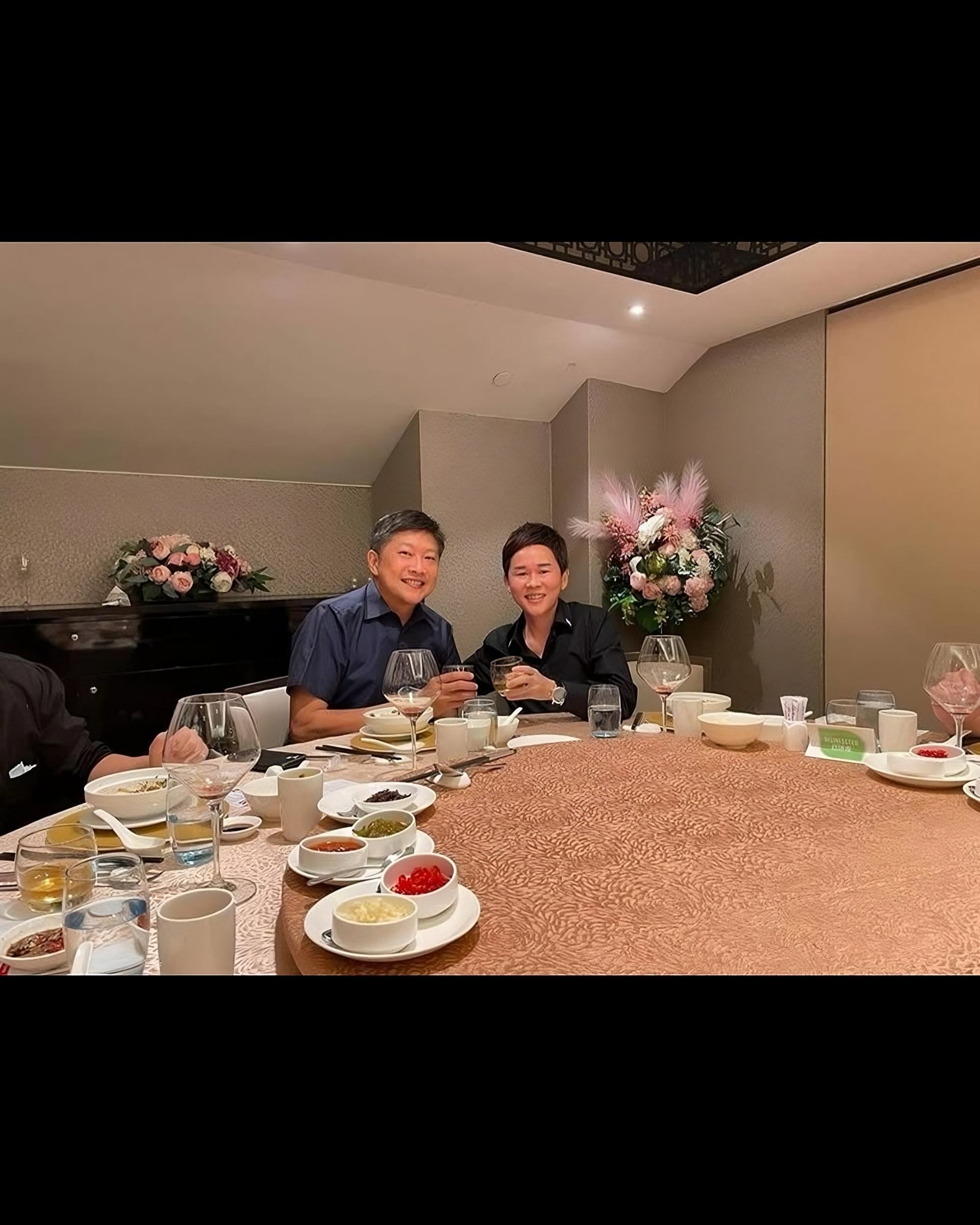
If Wong does not appoint Ng, it would mark a continuation of not having the secretary general of the main union body, the National Trades Union Congress (NTUC), be a minister in the Prime Minister’s Office as the labour voice in the cabinet.
When Ng lost his Sengkang group representation constituency (GRC) seat in the 2020 polls, he lost his cabinet post but remained as the NTUC chief. This marked a break from a long tradition of nearly 40 years when the labour chief would also have a ministerial position and attend cabinet meetings.
Ng made a comeback in Saturday’s election after securing the Jalan Kayu single-seat ward with just 51.47 per cent of the vote, or about 800 more votes, compared with WP’s new face Andre Low.
Ng was chief of the defence force before his political debut in 2015, and became education minister for schools, second minister for transport, and later minister in the Prime Minister’s Office before losing in the 2020 general election.
On Cooling-Off day on Friday, the picture of him dining with Su made its rounds online.
Former opposition politician Charles Yeo on Monday alleged that Ng was not the only one who had ties with Su and posted photos of transport minister Chee Hong Tat and health minister Ong Ye Kung having dinners with Su and others in group settings.
Less than 24 hours later, both ministers responded to the allegations concurrently, saying they had been invited to the gathering by a friend and had no dealings with Su, who just happened to be there. Local businessman Sam Goi, the chairman Tee Yi Jia who is known as the “Popiah king” for the spring rolls his company makes, later admitted he had invited and paid for the dinner.
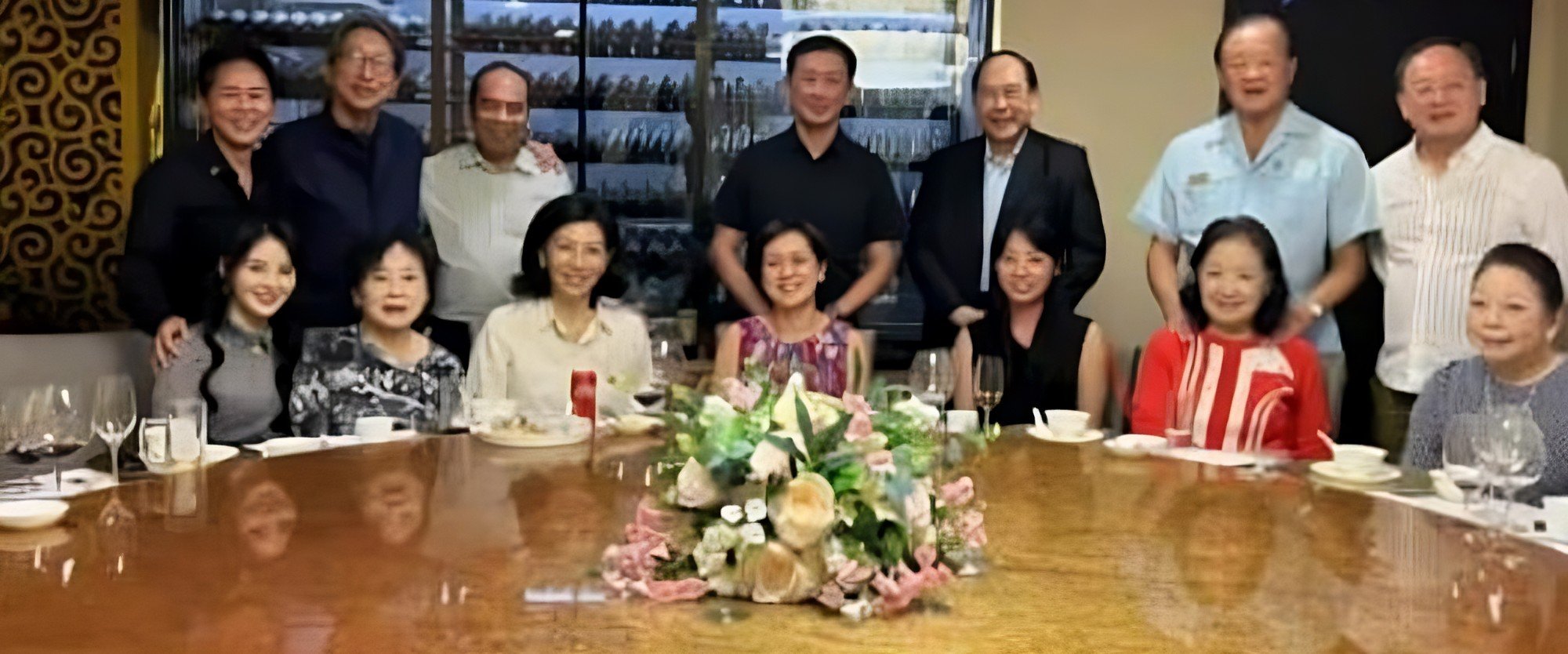
Ng responded to local media hours later to say that he had met Su at an engagement as chief of the labour union.
On Ng’s decision to pass up on a cabinet position, former People’s Action Party (PAP) MP Inderjit Singh said that the move was likely swayed by voters’ sentiment and general public opinion on Ng, but he advised against ruling him out for a cabinet position in future “when he repairs his image”.
“But for now, there is a need to have a cabinet of people who don’t have such negative perceptions,” he said.
Even before the controversies over the photo with Su and the education dialogue, Ng’s slim win had prompted speculation that he would be on a weak footing to secure a seat in the cabinet.
But political observers told This Week in Asia that the size of an electoral win – whether narrow or commanding – does not necessarily determine an elected official’s chances of entering cabinet.
On Sunday, the PAP clinched 87 of the 97 parliamentary seats and secured a 5 percentage-point jump from the previous 2020 general election, in what analysts have described as a resounding mandate for Wong’s first electoral battle.
Just days before the campaigning began, Wong unveiled a slate of 32 new candidates, up from the 27 in 2020, 22 in 2015 and 24 in 2011. A third of the new candidates in this election cycle were women and there has also been an increase in those under the age of 40.
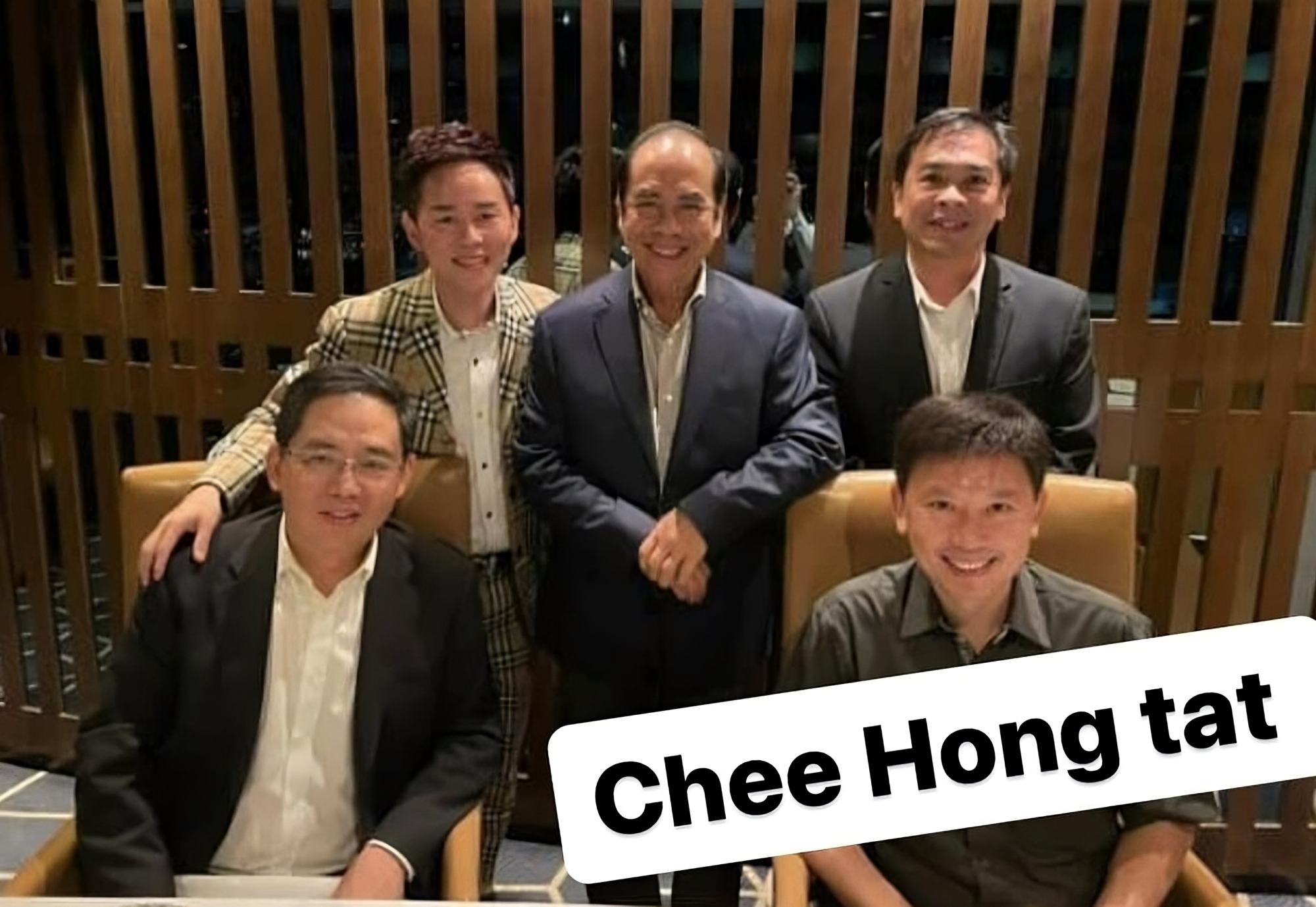
The shortlist: who’s in and who’s out?
Political observers expect familiar names like former education minister Chan Chun Sing, former health minister Ong and former law and home affairs minister Shanmugam to remain at the table top, while newly elected members of parliament like retired major general David Neo could also hold cabinet positions.
Before being sworn in last year, Wong said that “it has never been the case” in Singapore where old ministers step down at the same time when there is a leadership transition, adding that these ministers continue to “contribute in different ways while making room for the younger ones to step up”.
When Lee Hsien Loong became prime minister in 2004, his predecessor Goh Chok Tong stayed on as senior minister until 2011, while his father Lee Kuan Yew continued in a newly created role as minister mentor, which he held until that same year.
On who Wong is likely to choose, Bilveer Singh, a political scientist and associate professor at National University of Singapore, said that the prime minister is likely to put people in place with a long runway to make a difference over the next decade.
“Singapore is known for a stable hand, a known-known, so I think he wants to continue to do that so that the X factor in Singapore’s success is not just political stability but leadership stability to those overseas,” Singh said.
With Heng’s retirement, Wong has an important vacancy to fill – that of second deputy prime minister. His other deputy is Gan, whom Wong moved at the last minute to fight in Punggol GRC, a multi-seat ward hotly contested by the WP. Traditionally, Singapore’s prime ministers have two deputies but there have been periods with only one DPM in cabinet.
Wong was chosen to lead by 15 out of 19 of his fourth-generation leader (4G) peers in 2022. The four who did not vote for him were never disclosed.
Just whom he will pick among his peers to be a deputy prime minister or to be brought closer into his inner team will also be closely watched.
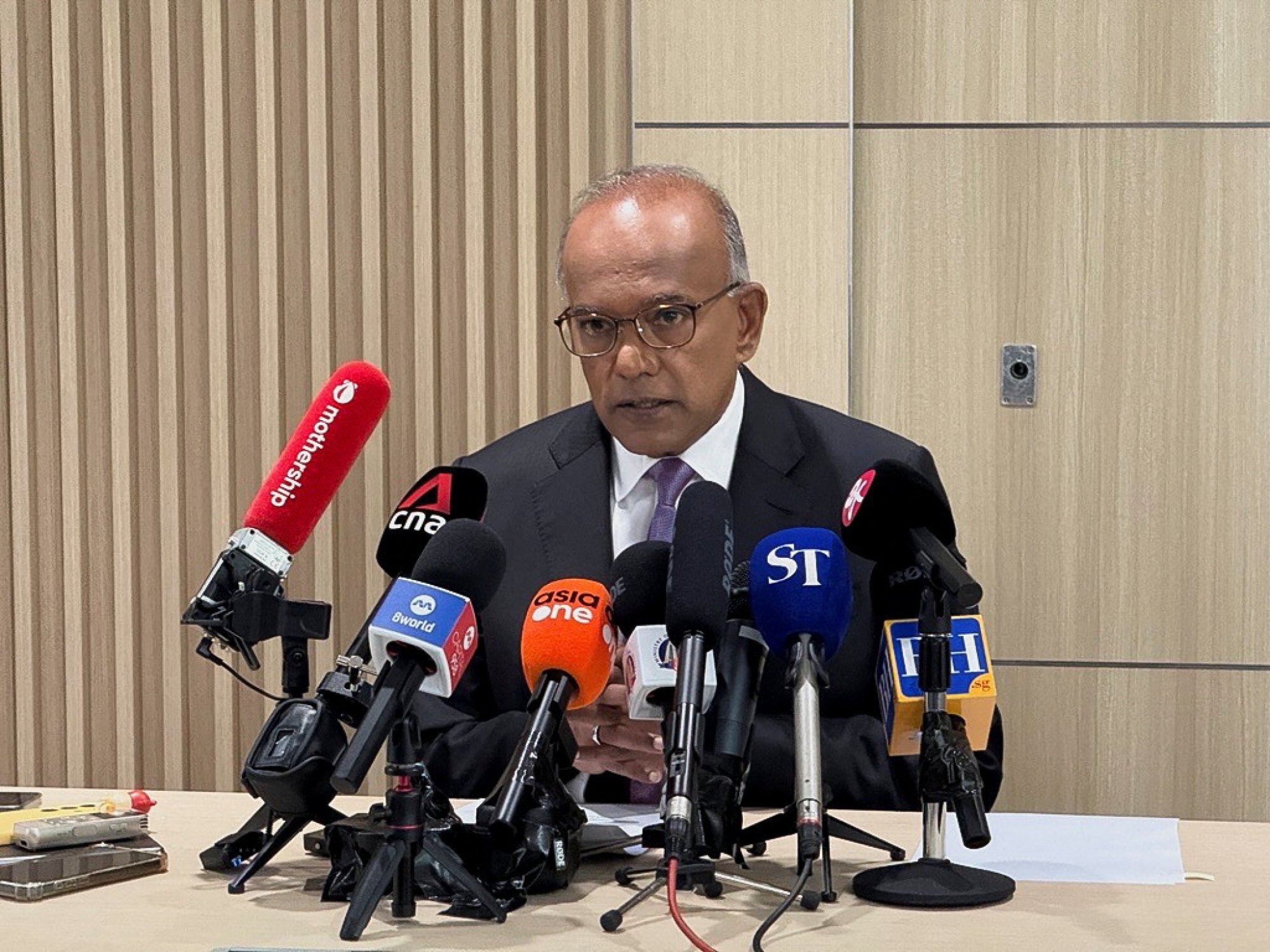
Although Gan’s critical role as DPM and in leading a task force on the tariff water was cited repeatedly during the campaign as reasons to elect him, Inderjit Singh expects Gan to become a senior minister eventually, much like how previous cabinets had two senior ministers.
He believes Shanmugam, the law and home affairs minister, and Chan Chun Sing, are front runners for a deputy PM role.
The role of defence minister will also be another closely watched appointment, with the spot currently vacant as Singapore prepares to host the Shangri-La Dialogue, the region’s premier defence and security conference, at the end of May. Ng Eng Hen, who announced his retirement last month, has held the post since 2011.
Bilveer Singh said: “The defence minister and the home affairs minister will be the two most trusted ministers of Lawrence Wong, the prime minister. So I think this will be another indicator of the people whom he works most closely with.”
According to Viswa Sadasivan, a former nominated member of parliament, some political officeholders who could be appointed full cabinet ministers include Tan Kiat How, Sim Ann, Low Yen Ling and Desmond Tan. They were previously senior ministers of state for various ministries.
The closest multi-seat constituency battle took place in Tampines where race and religious overtones reverberated, with WP vice-chair Faisal Manap moving out of his seat in Aljunied to face the PAP team led by Minister-in-charge of Muslim Affairs Masagos Zulkifli. The eastern district is home to the highest proportion of Malay voters in the country, estimated to be around 25 per cent.
Masagos’ PAP team won with 52.02 per cent of the vote against the WP’s 47.37 per cent, coming in as the second-worst performing team after Ng Chee Meng with the slimmest margin of victory.
Inderjit Singh said key ministers in Wong’s cabinet will include Chan Chun Sing, Ong Ye Kung, Desmond Lee, Chee Hong Tat, Edwin Tong and Zaqy Mohamad.
He predicted that Zaqy could take over as Minister-in-charge of Muslim Affairs in a reshuffle with Wong keen to win back the Malay ground.
“The best way to do that is to appoint a new minister of Muslim affairs and I think Zaqy could play the role. Zaqy is a trusted lieutenant of PM Wong and a teammate in Marsiling,” Singh said, referring to the city state suburb.
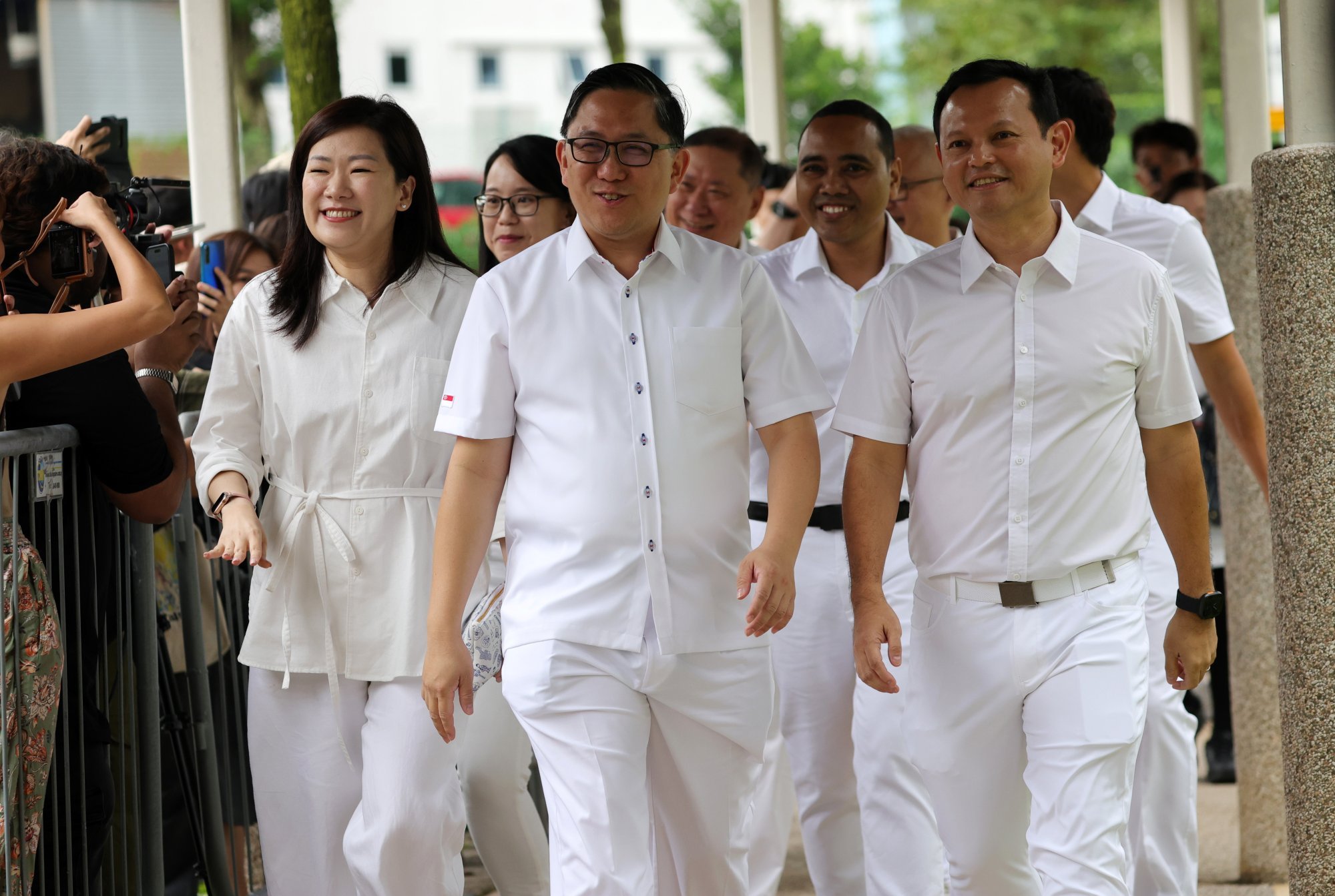
‘Stabilisers’
Former deputy prime minister Heng’s poorer-than-expected electoral results in the 2020 general election led to chatter that it was one of the reasons he stepped aside from the premiership he had been selected for in 2019.
In the 2020 election, Heng made an eleventh-hour switch to East Coast GRC where he faced the team led by WP’s Nicole Seah, one of the party’s most popular candidates at the time, and secured just 53.4 per cent of the vote.
However, analysts say that voter sentiments are only one part of the decision-making process for political appointments, but experience and knowledge of the role likely take precedence.
“Just as important, if not more, would be whether a particular candidate has the skills and experience to take on the role. Hence, I would not rule out any candidate from being offered an appointment in the new cabinet,” said Terence Ho, adjunct associate professor at the Lee Kuan Yew School of Public Policy.
But Bilveer Singh argues that Wong will prioritise presenting a “refreshed team” with several third generation, or 3G members, to serve as “stabilisers” for the next two years, as per tradition with previous prime ministers.
“Wong will want to have a cabinet to show that he is fully in charge and not just a continuation of the 3G prime minister,” he said, using the term commonly used to refer to the third-generation of leadership, which Wong leads.
“With the strong mandate he got, I am sure he will take the opportunity to present a refreshed face of the PAP cabinet with the view of doing things differently to reflect the style of the new prime minister and the 4G leadership.”